Our First Ladies in Rap
Getty Images; Design by Jessica Xie (( Prominent Female Rappers (( From Left To Right )) – Megan Thee Stallion, Doja Cat, Saweetie, Rico Nasty, and Rapsody. ))
October 27, 2020
Megan Thee Stallion, Doja Cat, Nicki Minaj, City Girls, Saweetie, & Flo Milli. Names that have constantly been in the entertainment news. If you haven’t heard of “WAP” (Cardi B ft Megan Thee Stallion) or “P*ssy Talk” (City Girls ft. Doja Cat), then you’ve been living in the deeper stages of quarantine. Female rappers have constantly been topping the charts in 2019 and 2020, with their songs becoming hit after hit.
Some argue that female rappers started gaining their popularity in the late 90s with Queen Latifah, Foxy Brown, and Lil Kim (“The ’90s Women Who Built Hip-Hop”), and then the 2000s with Nicki Minaj (who some argue is the Queen of Rap) & Lauryn Hill. But, I won’t argue with them. Black female rappers have played a huge part in the rap & hip-hop scene for the last 3 decades.
But it seems now like black female rappers have been in all our ears these days. With Doja Cat’s appearance with “MOOO!” (a comedy song with Doja comparing herself to a cow) and Cardi B’s “Bodak Yellow” both being released in 2018, I would say that 2018 was the year of emergence for female rappers.
But today, in 2020, I don’t think that’s changed one bit. One could say since May 16th, when Say So by Doja Cat ft. Nicki Minaj hit Number 1 on the Billboard Hot 100, that female rappers have stayed in the larger rankings of the music world. Songs like “Make His Pockets Hurt” by Lil Kayla & multiple songs by Flo Milli (May I & Beef FloMix) have gone viral on TikTok and Instagram which translated on their Spotify and Pandora streams.
But black women, in general, haven’t always had it easy in the business. For example, when Iggy Azalea first appeared on the Billboard charts in 2014 with “Fancy” and “Black Widow”, she was not met with as much controversy as black female artists. According to Billboard, some of her lyrics were not seen as controversial (Izzy calling herself a “runaway slave master” in one of her songs) and it even took Azelia Banks, a black female artist, to point out the offensiveness of the lyric. Not to knock down Iggy’s successes but the music industry has unintentionally limited black female rappers and artists in general from reaching the heights of their white counterparts.
Though they’re met with extreme backlash, black female artists rise through it and continue to be successful. Cardi B’s background as a stripper has caused critics to doubt her abilities and Megan Thee Stallion’s more sexual lyrics have generated some negative feelings.
It seems like there’s a certain stigma when women, especially black women, want to express their sexuality. Especially when men have been talking about sex in rap for decades.
In an interview with Jermaine Dupri in July 2019, he commented on female rap saying, “I feel they’re all rapping about the same thing”, and, “For me, it’s like strippers rapping” (Bianca Gracie, 2019). Female rapper Cardi B was quick to come out and defend herself and other female rappers, urging the rap community to “put these girls more on y’all blogs.”
Through the beef and the backlash, it appears that the female rap community is very protective of one another. Female rappers aren’t afraid to support their friends and come out and debunk the rumors and insults.
With their records hitting the tops of the charts and their songs being played non-stop on the radio, female success in the rap industry seems like it’s going to keep increasing. No one knows where female rappers like Megan Thee Stallion and Doja Cat may go. But, from where I’m looking, looks like they’re only going up.


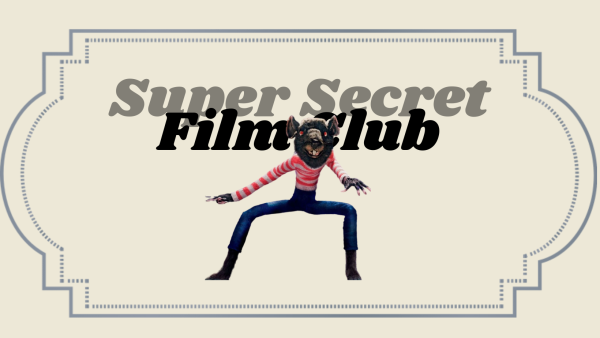
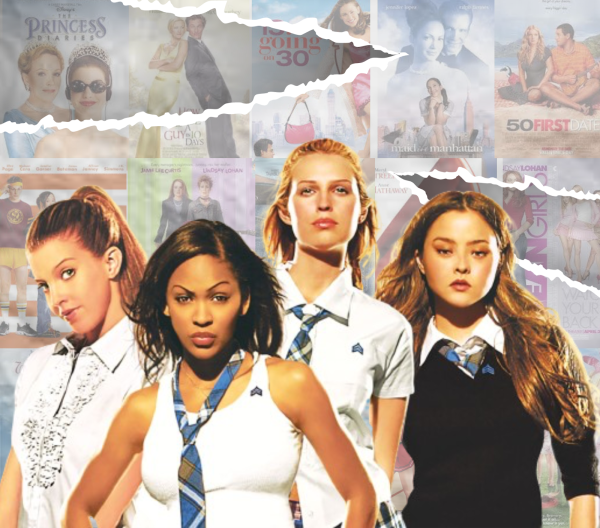
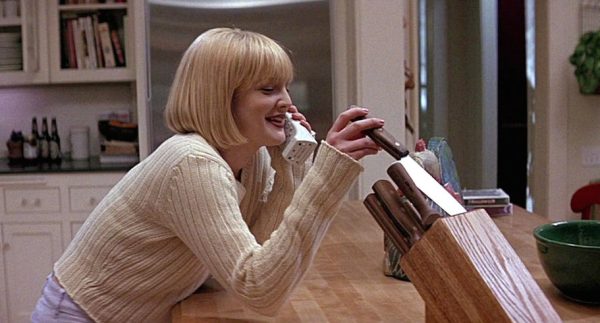
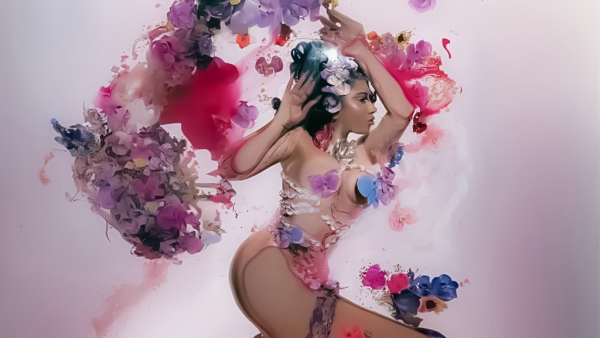
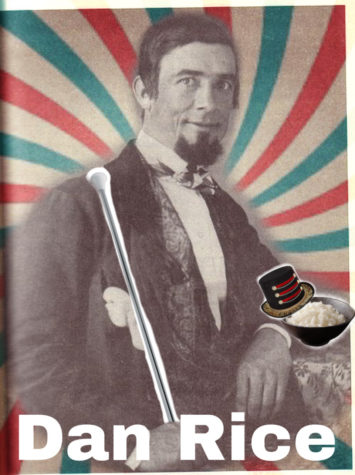
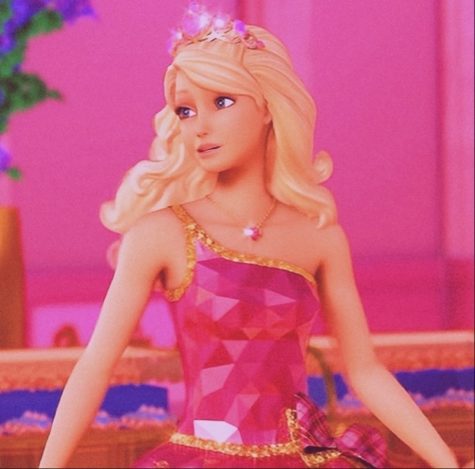
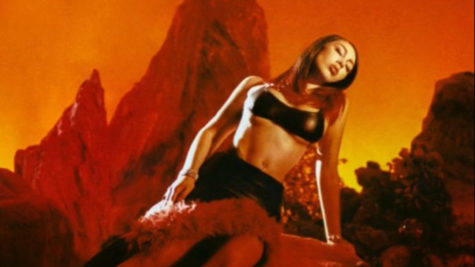
Beatrice R Yusuf • Oct 28, 2020 at 9:46 am
This is a nice article Abby. You did your research about female rappers and it was well written. Keep up the good work